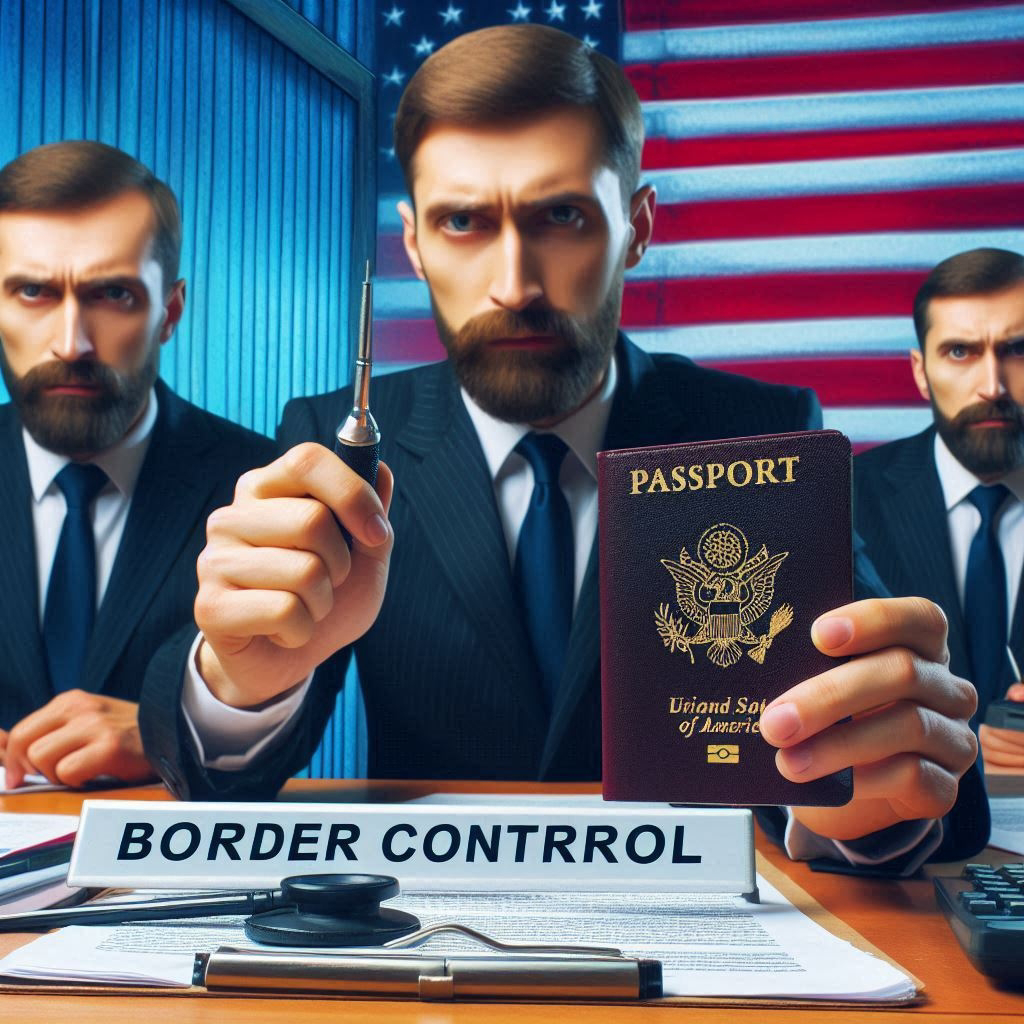| Washington, D.C. (February 13, 2025) – The latest episode of Parsing Immigration Policy highlights the diplomatic initiatives supporting U.S. border security that have been undertaken by the Trump administration. Phillip Linderman, a retired State Department senior Foreign Service Officer and a Center for Immigration Studies board member, discusses actions recently taken by President Trump and Secretary of State Marco Rubio that promote structured and lawful migration and seek to put an end to the global migration chaos.
Key points:
International Cooperation on Deportations – Countries such as Colombia, El Salvador, Venezuela, and Mexico have agreed to accept the return of their citizens, signaling a shift in regional migration policies.
Changing U.S. Policy – The U.S. has fundamentally changed its stance, no longer encouraging unchecked migration but instead promoting legal and orderly processes.
Diplomatic Leverage – The threat of tariffs and the use of tools such as Section 243(d) of the Immigration and Nationality Act (INA), which allows the U.S. to suspend visas for countries refusing to accept deportees, has proven effective in securing cooperation.
Mexico's Role – Mexico has agreed to deploy 10,000 Mexican National Guard troops to combat human trafficking and drug smuggling at the border.
El Salvador's Role – Salvadoran President Nayib Bukele has offered to accept U.S. deportees of any nationality.
Gitmo's Role – Trump will open Guantanamo Bay to alien detainees.
Economic & Political Factors – Countries reliant on remittances, such as El Salvador and Venezuela, are having to balance economic interests with security cooperation.
Global Implications – The discussion explores the idea of an international migration summit and the need for updated legal frameworks outside traditional organizations like the UN. |


No comments:
Post a Comment